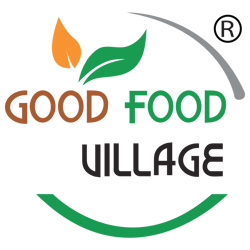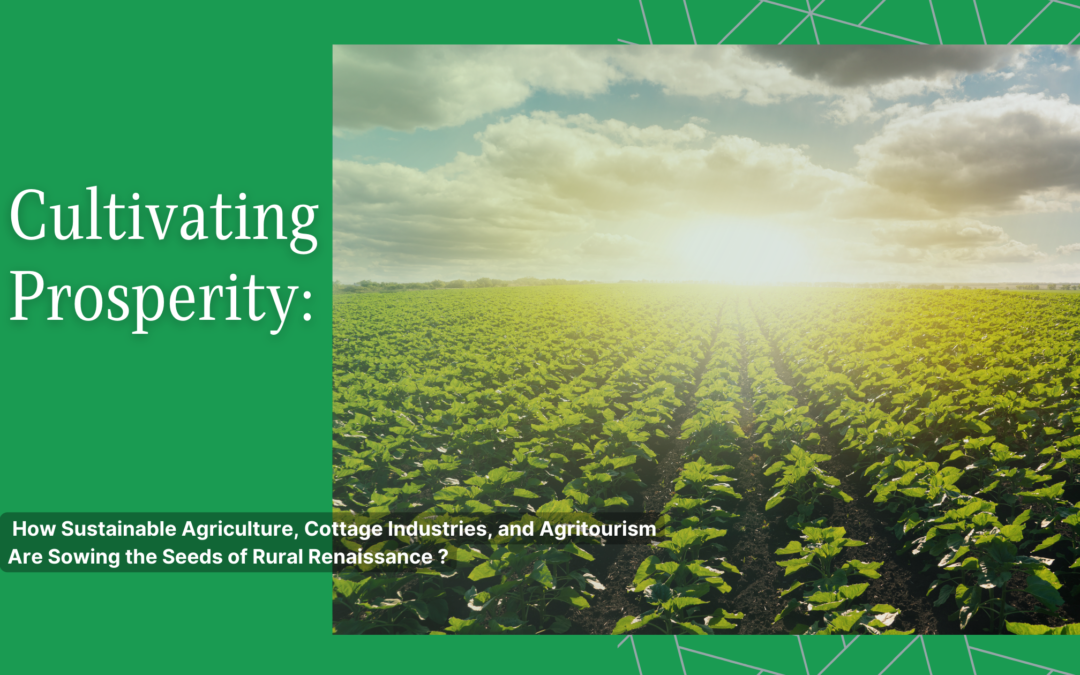Sustainable Agriculture, Cottage Industries, and Agritourism: A Holistic Approach to Rural Development and Wellness
In today’s rapidly changing world, the importance of sustainable practices in agriculture, coupled with the revival of cottage industries and the growth of agritourism, cannot be overstated. These interconnected elements form a powerful triad that not only bolsters rural economies but also fosters a sustainable connection between urban and rural areas, promoting overall development and wellness.
The Power of Sustainable Agriculture
Sustainable farming practices are at the heart of rural economic resilience. By adopting methods such as organic farming, crop rotation, and integrated pest management, farmers can significantly reduce their input costs while improving long-term soil fertility and water conservation. This approach not only ensures food security but also contributes to environmental conservation and economic prosperity.
The economic benefits of sustainable agriculture are substantial:
- Input cost reduction of up to 25% for farmers practicing organic methods
- Potential productivity increase of 79% in low-income countries
- Expected growth of India’s organic food market to INR 75,000 crore by 2025
These figures highlight the immense potential for farmers to increase their income levels and achieve better returns, particularly beneficial for smallholders.
Revitalizing Cottage Industries
Cottage industries play a crucial role in complementing sustainable agriculture and strengthening rural livelihoods. These small-scale enterprises, often based on traditional skills and local resources, offer several advantages:
- Income diversification for rural families
- Employment opportunities, especially for women and youth
- Preservation of cultural heritage and traditional craftsmanship
From handloom weaving to agro-processing, cottage industries provide a means for rural communities to add value to their agricultural products and create unique, marketable goods. This not only boosts local economies but also promotes self-reliance and entrepreneurship.
The Rise of Agritourism
Agritourism emerges as a powerful tool for rural economic development, bridging the gap between urban and rural areas. By offering farm stays, tours, workshops, and events, farmers can:
- Diversify their income streams
- Create local employment opportunities
- Support other local businesses
This sector not only provides economic benefits but also educates urban visitors about rural life and sustainable practices, fostering a deeper connection between consumers and food producers.
Urban-Rural Linkages: A Path to Sustainable Development
Strengthening the connection between urban and rural areas is crucial for balanced and sustainable development. These linkages facilitate:
- Improved access to markets for rural producers
- Enhanced flow of knowledge and technology
- Better access to health services and education for rural communities
By recognizing the interdependence of urban and rural areas, we can create more resilient food systems, reduce rural-urban migration, and promote inclusive growth.
Wellness Through Sustainable Practices
The integration of sustainable agriculture, cottage industries, and agritourism not only boosts rural economies but also contributes to overall wellness:
- Access to fresh, organic produce improves nutrition and health
- Rural tourism provides urban dwellers with opportunities for stress relief and reconnection with nature
- Preservation of traditional knowledge and practices contributes to cultural wellness
In conclusion, the synergy between sustainable agriculture, cottage industries, and agritourism offers a holistic approach to rural development. By embracing these practices and strengthening urban-rural connections, we can create a more sustainable, equitable, and healthy future for all. As we move forward, it’s crucial to support policies and initiatives that foster these interconnections, ensuring that rural communities thrive while contributing to the overall wellness of society

